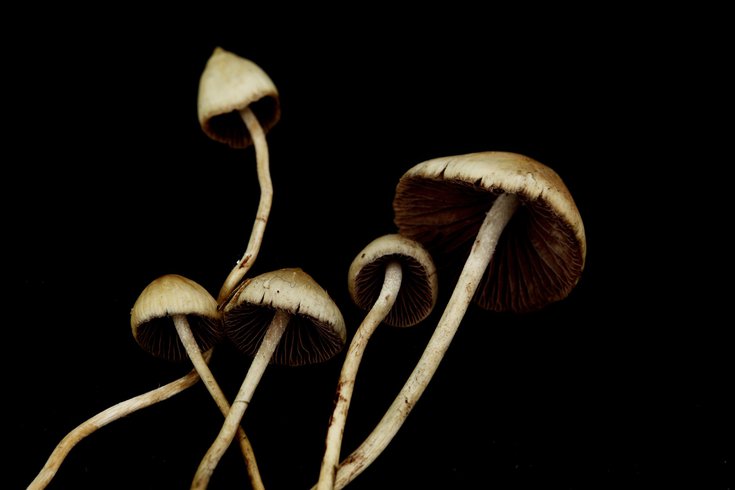
February 06, 2021
 Source/Image licensed by Ingram Image
Source/Image licensed by Ingram Image
Governor Phil Murphy signed a bill into law Thursday that decriminalizes possessing 'magic' mushrooms.
Governor Phil Murphy signed a bill into law Thursday that significantly reduces jail time for possession of "magic" mushrooms.
The law is effective immediately and reduces mushroom possession from a third degree crime to a disorderly persons offense, Nj.com reported.
The worst penalty under the new law will be six months in jail and $1,000 fine. Before the bill, possessing mushrooms could have landed an offender in prison for three to five years.
This bill was originally bundled with efforts to legalize marijuana, but split into its own bill after legislators were worried it would lose support.
Both the psilocybin bill and the bills to legalize and decriminalize marijuana passed through the Senate and Assembly last December.
Yet, Murphy has yet to take action on the bill to legalize marijuana due to concerns about underage usage. He's working with lawmakers to establish protocol and penalties for underage users caught with pot, NBC10 reported.
The deadline for Murphy to take action is Monday, February 8.
Other states voted to decriminalize psychedelics, like mushrooms, over the past few years. Oregon voted this year to legalize mushrooms for medical use, and Colorado voted in 2019 to decriminalize mushrooms.
Cities across the country, including Washington, D.C., pushed for an end to arrests for possessing psychedelics.
The drug, called psilocybin, is considered the next frontier for recreational drug use after marijuana, The Denver Post reported.
Johns Hopkins Medicine researchers conducted a study last year on mushrooms that found the psilocybin compound in the mushrooms relieves depression.
“The magnitude of the effect we saw was about four times larger than what clinical trials have shown for traditional antidepressants on the market,” says Alan Davis, Ph.D., adjunct assistant professor of psychiatry and behavioral sciences at the Johns Hopkins University School of Medicine.
Follow Hannah & PhillyVoice on Twitter: @hannah_kanik | @thePhillyVoice
Like us on Facebook: PhillyVoice
Add Hannah's RSS feed to your feed reader
Have a news tip? Let us know.